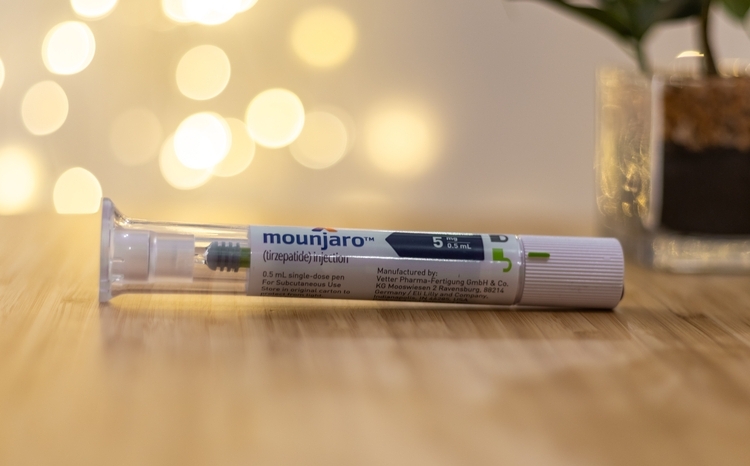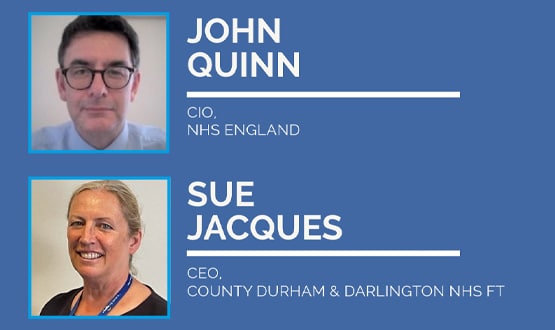CDDFT launches bladder and bowel digital self-referral tool

County Durham and Darlington NHS Foundation Trust (CDDFT) has launched a successful bladder and bowel digital self-referral tool that is transforming triage and patient experience.
The technology, provided by NHS-owned digital health company Health Call, enables people to self-refer to the services from the trust website without seeing their GP.
The platform makes it simpler for people to seek help and support with bladder and bowel issues, which can often be embarrassing or difficult to discuss face-to-face and allows users to give precise but factual referrals that are more easily triaged by the trust.
Sarah Aungiers, bladder and bowel lead nurses at CDDFT, has been heavily involved in implementing the new solution.
She said: “This self-referral platform allows people to access the service 24/7 on days when they are feeling worst or have the opportunity outside of busy lives to focus on seeking appropriate help and support.
“The quality of the referrals is much more concise but factual and allows the trust ease of triage. We are always looking at ways of improving the service.”
The solution launched at the beginning of 2023 and has already significantly improved triage and sped up referrals for the service.
Previously, patients had to physically go to their GP or telephone/email to request a referral form. Now they can access the trust website and use a QR code to make a direct referral, completing a range of questions relevant to bladder and bowel symptoms, streamlining the entire referral process.
This has enabled patients to talk about their condition in their own words and has helped the team gather more descriptive and relevant information for efficient triage, supporting patients to receive the right care, first time.
The new solution also provides a clear audit trail for referrals as well as speeding up the whole process.
Claire Graham, head of customer success at Health Call, said: “Digital self-referral tools are a logical step for services to create efficiencies while also becoming more accessible for patients.
“For services like Bladder and Bowel that deal with sensitive issues, it is a fantastic tool to improve triage and gather insight into a patient condition that might not be possible when doing an assessment face to face.”
Technology is playing an ever-increasing role in bladder and more prominently bowel care. Last year, an artificial intelligence (AI) device was trialled at nine NHS trusts, with the potential to transform bowel cancer care.
Last year also saw UK start-up Motilent being awarded funding from the National Institute for Health and Care Research (NHIR), which will be used to develop and roll out technology to provide to data-led insights into inflammatory bowel disease and Crohn’s disease.





